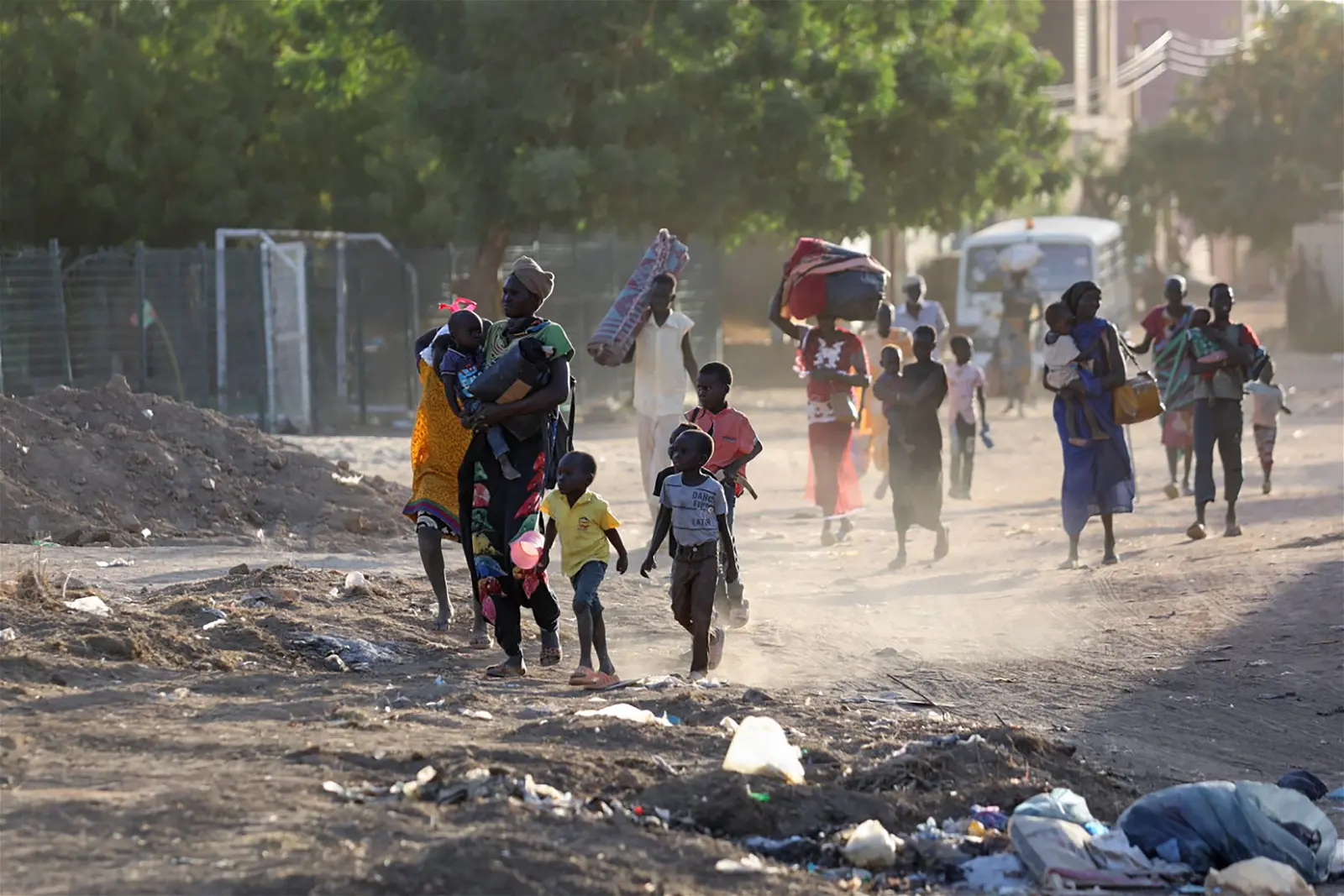The World Health Organisation (WHO) has confirmed that no fewer than 330 people have been killed due to fighting in the capital Khartoum and several other states, including Darfur States.
The UN health agency on Thursday also said no fewer than 3,200 have been injured in Sudan since a military power struggle between the Sudanese armed forces and a paramilitary group sparked violent clashes six days ago.
‘The situation in Sudan is increasingly concerning and heartbreaking,’ WHO Director-General, Tedros Adhanom Ghebreyesus, wrote in a statement posted on his official Twitter account.
Ghebreyesus condemned all loss of life, especially attacks on civilians and healthcare.
He expressed deep concern over reports of forces occupying health facilities, underlining that attacks on healthcare are a flagrant violation of international law.
‘The lack of safe access, of electricity, food, water, personnel and the diminishing medical supplies are making it nearly impossible for many health facilities to function at the exact time when there are thousands injured in need of urgent care,’ he said.
Ghebreyesus urged the sides to respect the truce so that people can seek refuge or healthcare, or access food, water, and medicine.
Similarly, the head of the UN Children’s Fund (UNICEF) also called on the parties to respect their international obligations to protect boys and girls from harm and to ensure humanitarians can quickly reach children in need.
‘Five days of intense hostilities in Sudan, and four failed ceasefires, have already taken a devastating toll on the country’s children,’ UNICEF Director, Catherine Russell, said in a statement.
‘If the violence does not stop, this toll will only increase.’
She said at least nine children have reportedly been killed, and more than 50 reportedly injured as hostilities continued in Khartoum, the Darfur states, and North Kordofan, though insecurity makes it difficult to collect and verify the information.
‘We have received reports of children sheltering in schools and care centres while fighting rages around them, of children’s hospitals forced to evacuate as shelling moves closer, and hospitals, health centres, and other critical infrastructure damaged or destroyed, limiting access to essential and lifesaving care and medicine,’ she added.
Russell said the crisis has disrupted critical-life saving care for an estimated 50,000 children suffering from acute malnutrition, who need ongoing round-the-clock care.

